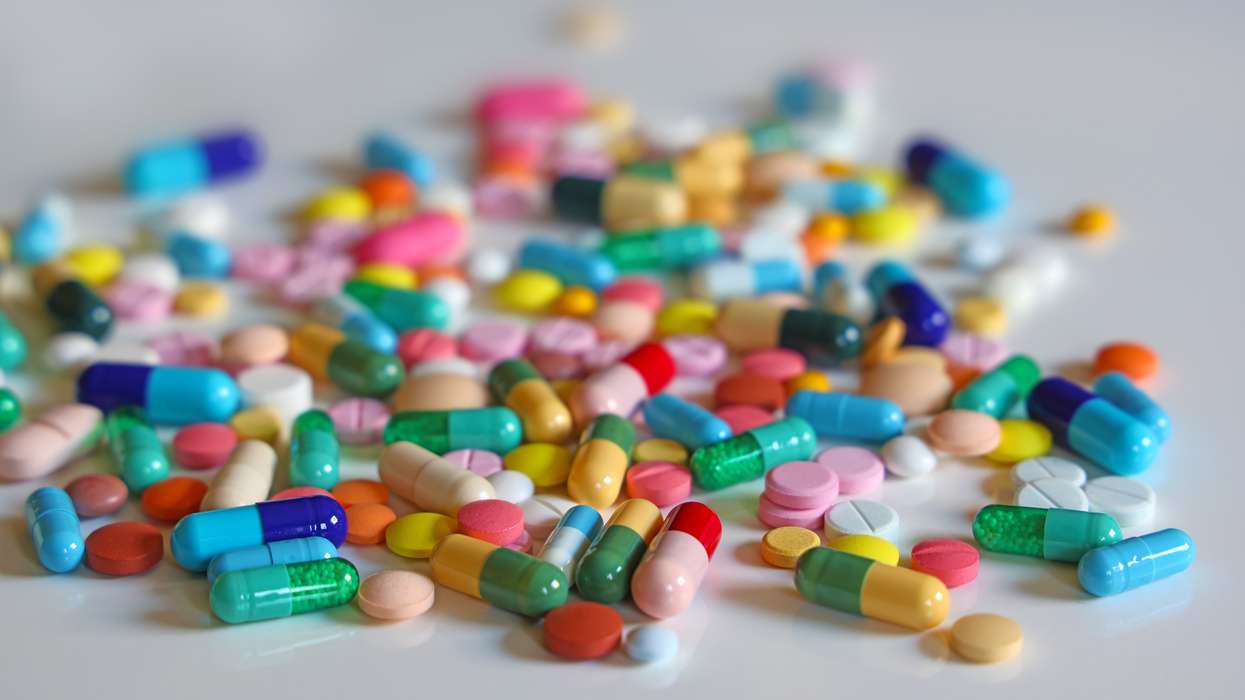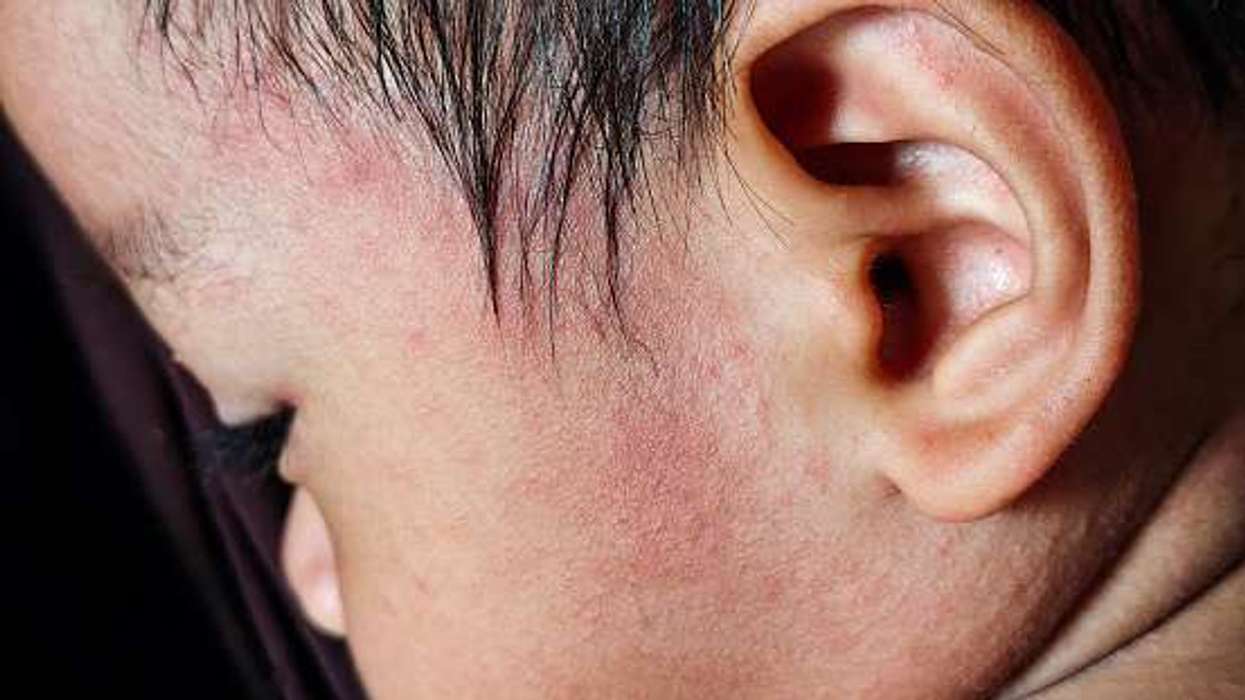The UK government has allocated £210 million to strengthen the role of pharmacists in developing countries across Asia and Africa, with the goal of addressing antimicrobial resistance. This commitment was recently announced prior to Secretary of State Steve Barclay's visit to India to attend his first G20 Health Ministers' assembly, held in Gandhinagar from August 18-19.
"AMR is a silent killer which poses a significant threat to people’s health around the world and in the UK," Barclay had said. "It’s vital it is stopped in its tracks and this record funding will allow countries most at risk to tackle it and prevent it from taking more lives across the world, ultimately making us safer at home."
According to the Department of Health and Social Care, AMR results in approximately 1.3 million annual worldwide deaths, with one in five of these fatalities affecting children under five years old. “In 2019, AMR was found to have caused between 7,000 and 35,000 deaths in the UK alone.”
Funded by the government's UK aid budget, this allocation will support the Fleming Fund's efforts to combat AMR in countries across Asia and Africa over the next three years, reducing the threat it poses both to the UK and global community, the DHSC said in a statement.
The DHSC, which is making the biggest investment in global AMR surveillance out of any country, will further widen its AMR surveillance capacity in up to 25 high-risk countries, including Indonesia, Ghana, Kenya, and Papua New Guinea.
More than 250 laboratories are slated for upgrades and state-of-the-art equipment, the DHSC said. "This investment includes new genome sequencing technology, facilitating the tracking of bacterial transmission among humans, animals, and the environment."
The proposed investment will also strengthen the international health workforce in these countries by providing 20,000 training sessions for pharmacists, hospital, and laboratory staff, along with over 200 Fleming Fund scholarships. “These scholarships will enhance expertise in microbiology, AMR policy, and One Health – the concept that recognises the connection between humans, animals, and the environment.”
“The UK’s Fleming Fund will continue to create real impact to tackle AMR and build pandemic preparedness on the ground across the world, using data to drive action and catalyse investment,” said Dame Sally Davies, the UK’s special envoy on AMR and former chief medical officer for England. “This world-leading investment in AMR laboratories, workforce and systems is a vital contribution to realise our vision of a world free of drug-resistant infection.”
The Fleming Fund, a charitable organisation, aids low- and middle-income countries in generating and utilising data to enhance antimicrobial use and promote investment in AMR.
This investment will also facilitate the second phase of the UK-India Fleming Fund partnership alongside India’s Ministry of Health and Family Welfare. "Valued at up to £3 million, it will expedite collaboration on AMR surveillance across One Health sectors and support both countries in achieving their 2030 roadmap goals,” the statement added.
Meanwhile, the DHSC is conducting a six-week consultation to determine whether registered pharmacy technicians should be authorized to dispense medicines through a patient group direction. The proposed implementation of PGDs aims to expedite patient access to essential medicines and services, thus reducing the risks associated with delayed care.











